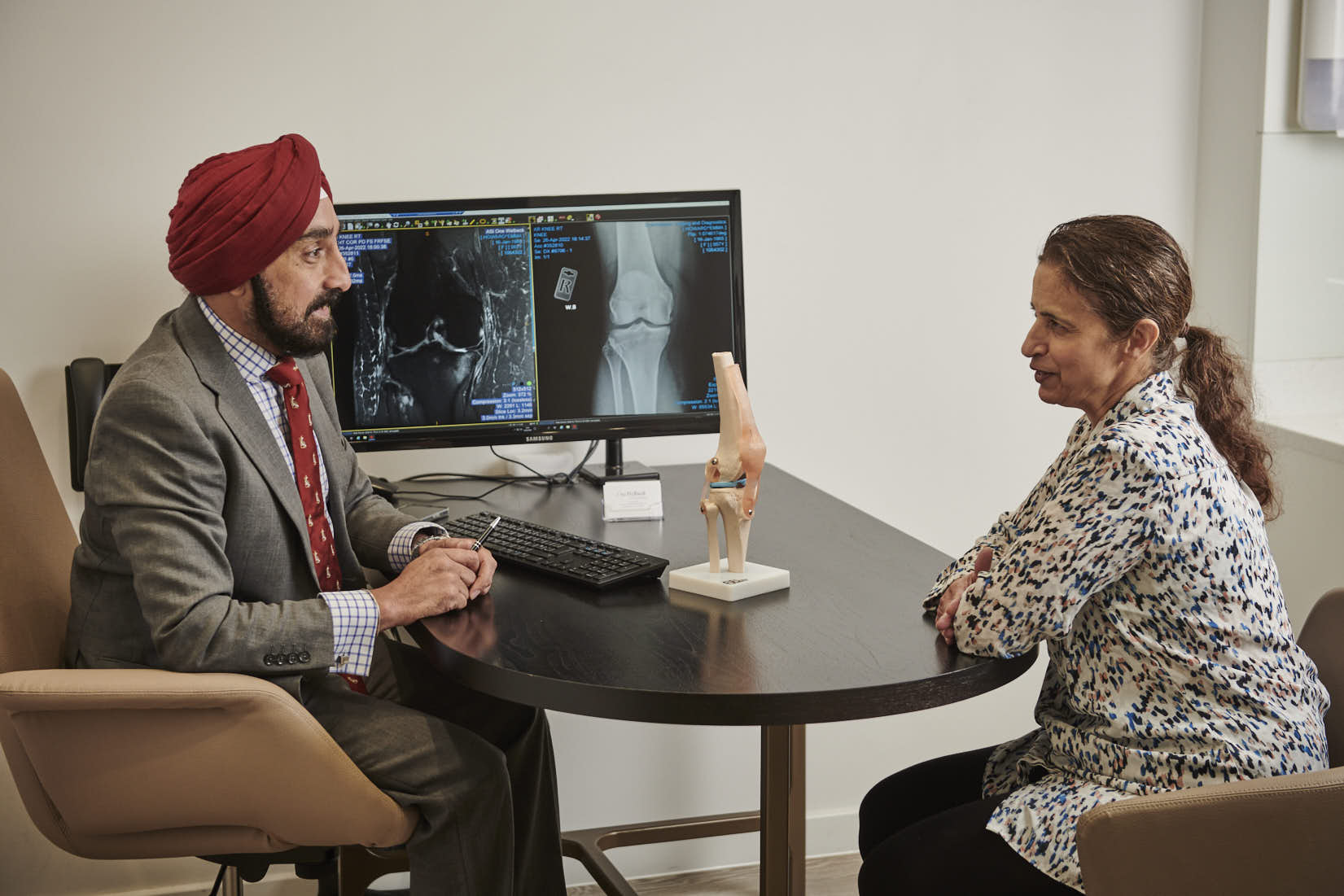Most women will undergo noticeable changes during menopause, which can have a substantial impact on their long-term health. On average, these symptoms persist for approximately four years after the last menstrual period, although for certain individuals, the duration can extend well beyond this timeframe. Common effects of the peri-menopause/menopause include:
• Irregular bleeding
• Hot flushes and night sweats
• Disrupted sleep
• Poor concentration
• Vaginal dryness
• Mood changes
• Changes in hair growth, quality and texture
• Reduced collagen affecting skin and pelvic floor tone
• Impact on bladder function
• Osteoporosis (weak bones)






